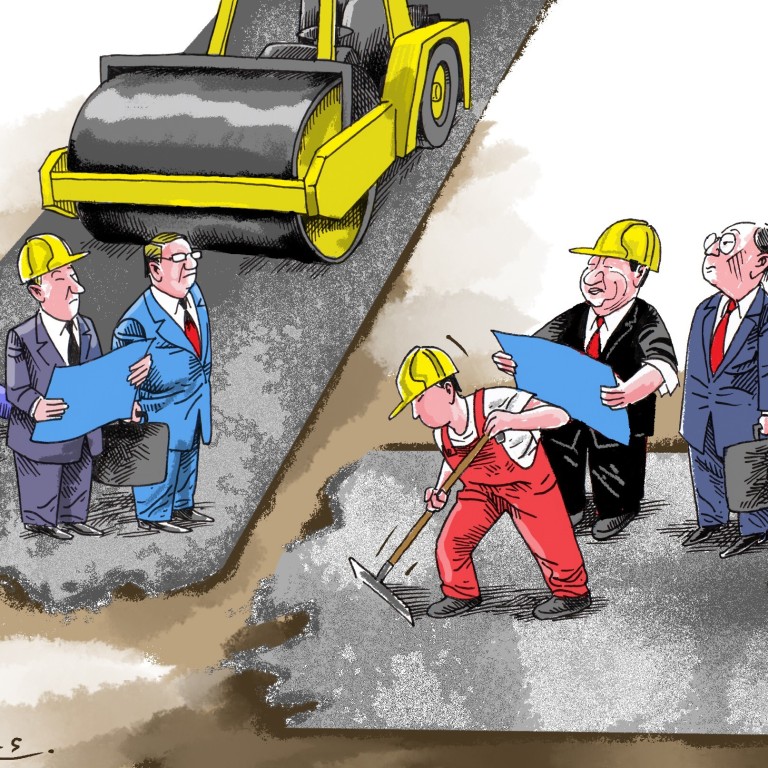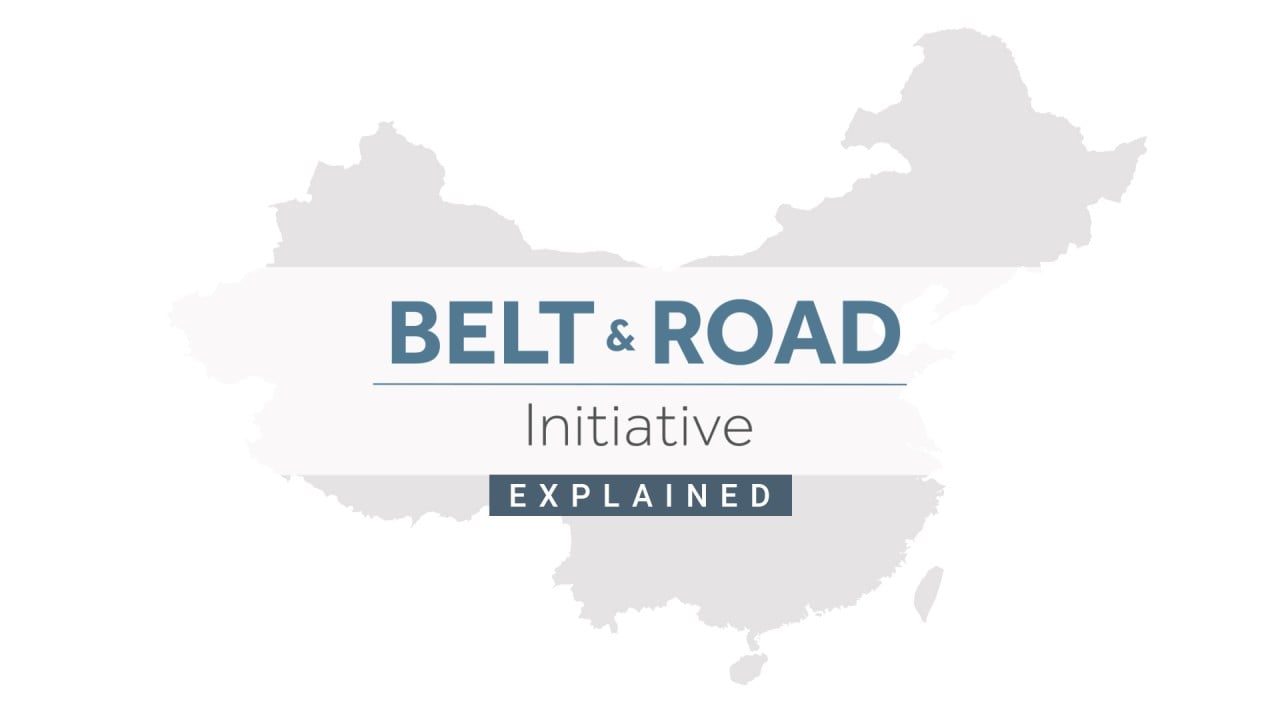
How the West can best respond to China’s belt and road
- Competing with China dollar for dollar is pointless as Chinese banks and state-owned firms are driven by different concerns than their Western peers
- Building up governance capacity in developing countries will help them better manage and push back when Chinese firms step over the line
It is not the first time the G7 and its individual members have targeted the initiative, but it is unclear what they would offer instead. Rather, the project has become a whipping boy in the broader geopolitical confrontation with China.
Some will take China’s strategy at face value and do not care much about the requirements that follow, interpreting them as equal to Western nations’ requirements.
This is a crucial point to consider; while Western powers might attach a certain set of values to Chinese investments, this is not necessarily how they are seen. Most developing countries will accept investment wherever it comes from, and have such deep needs that they will take what appears to be the best value.
That is why competing with China dollar for dollar is pointless.

02:35
Belt and Road Initiative explained
This is not to say they want to lose money, but they are willing to look at projects with a different timeline. They will also, in some contexts, take on a project because the state wants them to. This is not the same for most Western companies, which answer to shareholders.
This highlights a difficult policy area for Western governments. If they want to compete effectively, they have to start considering policies which would clash with the liberal market principles they claim to advocate.
This already happens, but it is often done quietly. Western capitals might need to start being more explicit about it.

01:25
Xi sets tone for future Belt and Road development at Beijing forum
One answer is to offer alternatives to critical decisions or infrastructure being targeted as belt and road projects. This is likely to differ from case to case, but the key will be to cooperate with like-minded allies to focus on specific projects.
A more effective strategy would be to focus on building up the governance capacity in developing countries. This is the real route to success in managing Chinese investment.
For example, rules in contracts for belt and road projects are not always followed or the contracts themselves have exemptions built in.
The best way for Western countries to tackle such issues is not by complaining but, rather, to build up local capacity to hold Chinese firms to account. In everything from infrastructure and technical standards to data storage, if the local authorities have stronger powers and capabilities, they will be able to better manage and resist when Chinese firms step over the line.
None of this easy. Many investors, aid agencies and international financial institutions have been trying to do as much for years, which highlights another issue worth remembering.
That is, China does not have a magic wand to make all these problems go away. Arguably, in the belt and road, it has created a tool that could exacerbate issues. So, while China might be able to keep its projects on course for now, that may not be the case indefinitely.
All this highlights why the West should worry less about belt and road projects per se and focus more on strengthening developing countries so they are able to manage whatever investments come their way.
Raffaello Pantucci is senior associate fellow at the Royal United Services Institute (RUSI) in London

